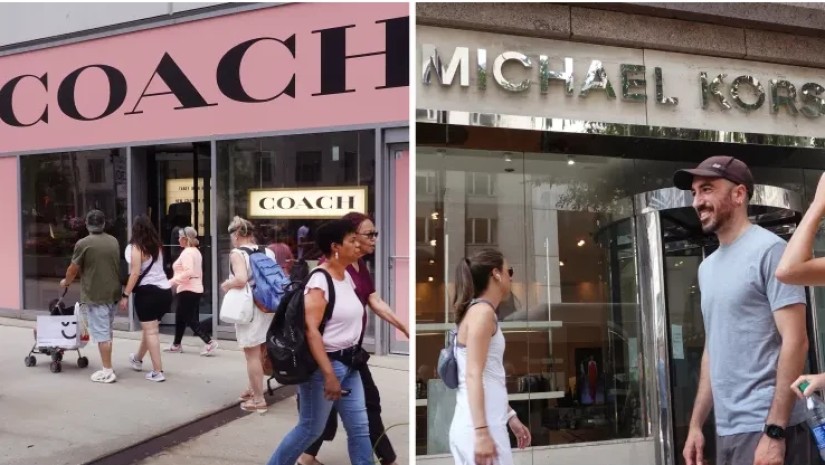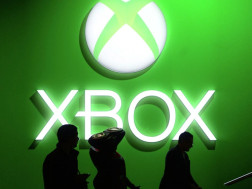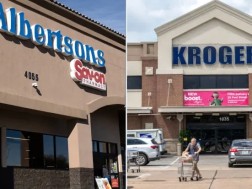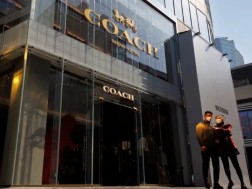The U.S. Federal Trade Commission on Monday sued to block the $8.5 billion acquisition of Capri Holdings by Coach and Kate Spade’s parent company, Tapestry.
The move by regulators brings at least a temporary halt to a deal that would marry two major names in American luxury retail and put six fashion brands under a single company: Tapestry’s Coach, Kate Spade and Stuart Weitzman and Capri’s Versace, Jimmy Choo and Michael Kors. With the transaction, the luxury brands could be poised to better compete with European luxury names, such as Burberry and LVMH’s Louis Vuitton.
In a news release, the FTC said the combined company would harm shoppers and employees. It said Tapestry and Capri “currently compete on everything from clothing to eyewear to shoes.”
“With the goal to become a serial acquirer, Tapestry seeks to acquire Capri to further entrench its stronghold in the fashion industry,” Henry Liu, director of the FTC’s Bureau of Competition, said in the release. “This deal threatens to deprive consumers of the competition for affordable handbags, while hourly workers stand to lose the benefits of higher wages and more favorable workplace conditions.”
Tapestry argued the federal agency “fundamentally misunderstands both the marketplace and the way in which consumers shop.”
In a statement, the company said it must win the business of consumers who increasingly shop across brands, channels and price points.
“The bottom line is that Tapestry and Capri face competitive pressures from both lower- and higher-priced products,” it said. “In bringing this case, the FTC has chosen to ignore the reality of today’s dynamic and expanding $200 billion global luxury industry.”
Capri echoed that argument in its own statement, saying consumers “have hundreds of handbag choices at every price point across all channels, and barriers to entry are low.”
Tapestry and Capri both said they will fight for the transaction in court, with Tapestry saying it will work “expeditiously to close the transaction in calendar year 2024.”
Tapestry announced the proposed acquisition in August. The deal had been expected to close in 2024. It had already secured approval from regulators in Europe and Japan, according to a financial filing by the company earlier this month, but was still waiting for the approval of U.S. officials — the only regulator still outstanding.
When Tapestry unveiled the deal, CEO Joanne Crevoiserat told CNBC that the combined companies would be able to reach more customers across the globe. Together, the two companies would have over $12 billion in annual revenue and a presence in more than 75 countries.
Both Tapestry and Capri have been under pressure, as consumers continue to be choosier with discretionary spending. Yet Capri, in particular, has been more vulnerable because of its heavier reliance than Tapestry on department stores and other wholesale retailers.
Led by Crevoiserat, Tapestry has raised the profile of Coach’s brand, attracted younger shoppers, and tried to lean on fashion and loyalty, rather than deep discounts, to drive higher sales and profits. The vast majority of Tapestry’s sales are through its own website and stores, with wholesale accounting for only about 10% of sales globally in the most recently reported fiscal quarter.
As of Monday’s close, shares of Tapestry are up nearly 10% so far this year compared with the stock of Capri, which has fallen about 24% over the same period.
Source: CNBC
















